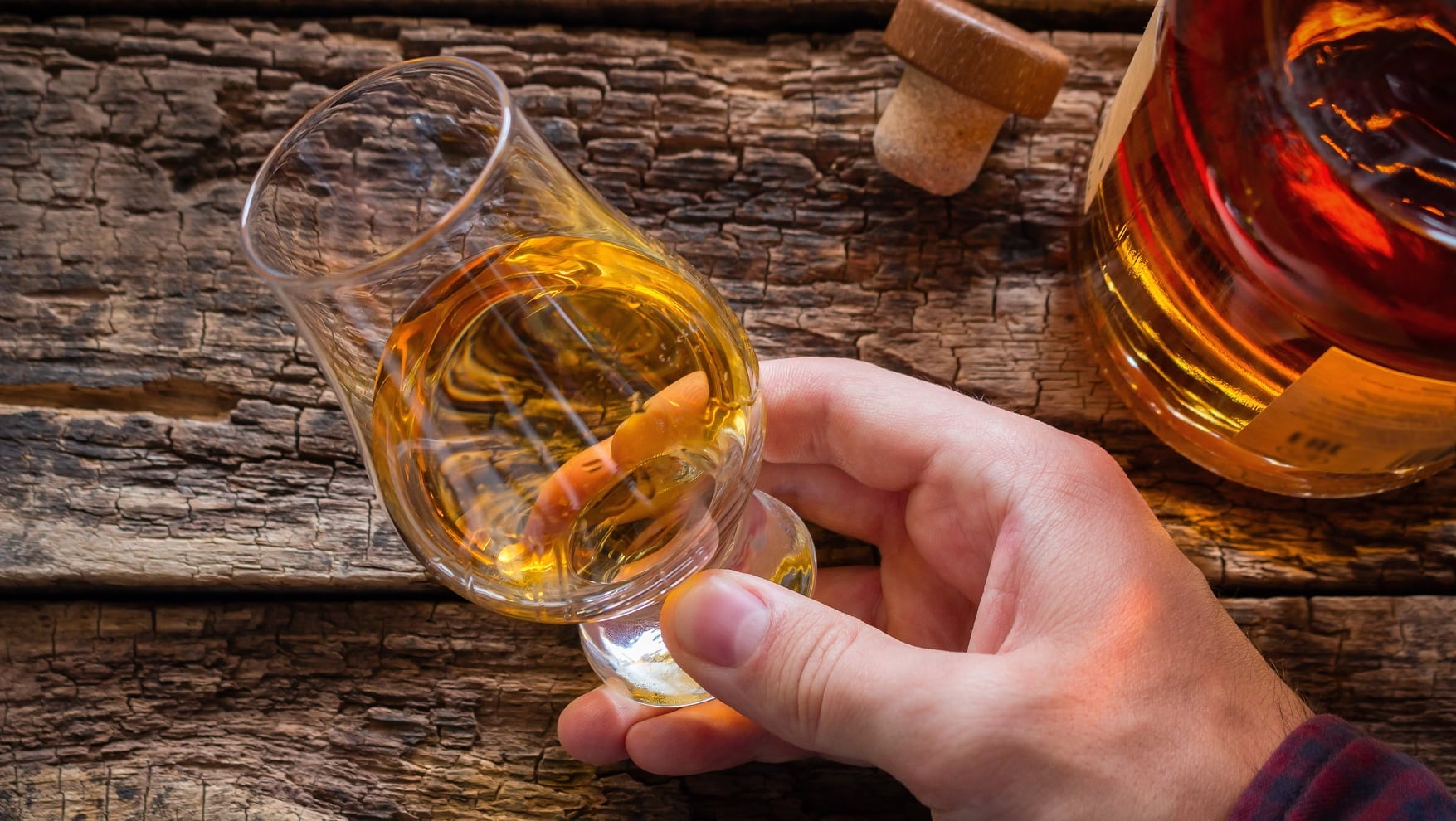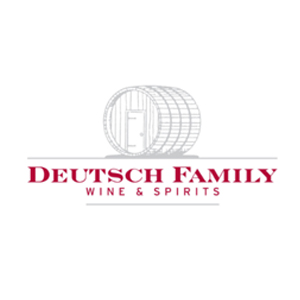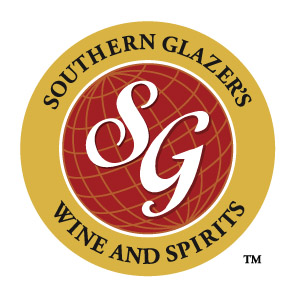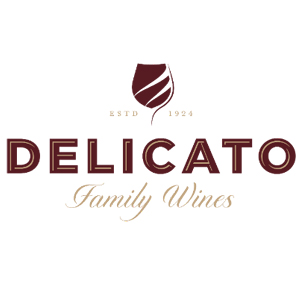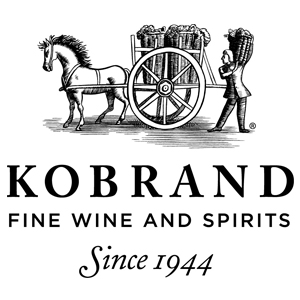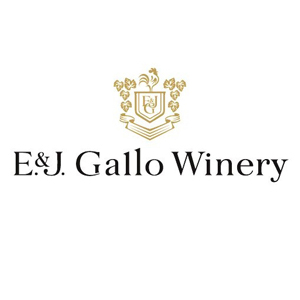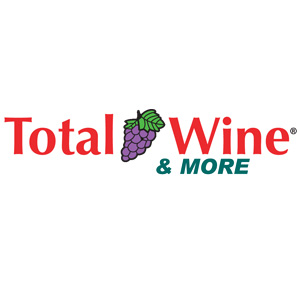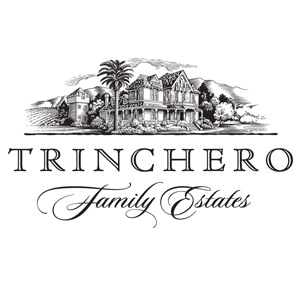The Certified Spirits Educator (CSE) Exam is a unique certification that tests a candidate’s knowledge of Spirits, as well as his or her tasting acumen and teaching ability. Specific topics included in the exam knowledge base include: fermentation and distillation, the aging of spirits, vodka, neutral spirits, gin, flavored spirits, whisky, rum, sugarcane-based spirits, tequila, agave-based spirits, liqueurs, spirit amari, vermouth and other aromatized wines, the basics of mixology, the sensory evaluation of spirits, service procedures, and the responsible handling of beverage alcohol.
This intense undertaking comprises a theory exam, a tasting exam, and a presentation skills demonstration—along with requiring candidates to provide evidence of Responsible Beverage Alcohol Service certification. All portions of the CSE exam are available virtually. Detailed information on each component of the CSE Exam is provided below.
All candidates pursuing the CSE certification must already possess the Certified Specialist of Spirits (CSS) certification. There are no exceptions to this rule regardless of a candidate’s background or credentials. All segments of the CSE, including the presentation skills demonstration, must be passed within a six year time frame.
Candidates who successfully pass all components of the CSE Exam are entitled to use the CSE post-nominal as part of their professional signature. They will also receive a certificate (suitable for framing) and a CSE lapel pin by mail.
The CSE Exam may be approached as a self-study educational program, and many candidates are successful in doing so. However, the Society has put together a set of educational resources to assist candidates in preparing for this challenging exam. In addition, SWE hosts a CSE Aspirant Facebook group. Active members of SWE who already possess a CSS certification are welcome to request an invitation to the CSE Facebook group by emailing our Director of Education, Jane A. Nickles.
Candidates are provided with a recommended reading list, please click here for the 2026 Recommended Reading list. Candidates are also provided with an Iconic Spirits Study List. Exam topics will be based on the materials and products included on these lists, as well as the information included in the SWE Online Spirits Academy and the Certified Specialist of Spirits Study Guide.
Theory/Written Component
The theory portion of the CSE exam involves of a multiple-choice exam and a timed essay (essay test). The multiple-choice exam consists of 100 questions to be answered within one hour; the minimum passing score is 75. The essay test will require the candidate to answer one question (from a slate of five) within one hour. Essays are graded according to a detailed rubric and are designed to assess the candidate’s ability to format information coherently and concisely for a target audience. The minimum passing score for the essay is 65 (out of a possible 100 points). For a copy of the current essay rubric, click here. Click here for a selection of practice essay questions.
The CSE Spirits Tasting Exam
For this portion of the exam, candidates will provide a set of sensory evaluations using spirits chosen from SWE’s Iconic Spirits Study List. This is not a blind tasting.
Candidates will be asked to provide a detailed tasting note for each spirit based on the SWE Spirits Tasting Grid. In addition, the candidate will be asked a series of follow-up questions for each spirit, such as how and why each spirit is representative of its category or how it reflects its base ingredient or production method. In addition, a series of questions may be asked across the spectrum of the spirits (such as compare/contrast questions using two or more of the spirit selections). This exam will include both verbal and written components. 75 minutes is allotted for the entirety of the exam, with a typical breakdown being 30 minutes for the verbal exam and 45 minutes for the written portion. To pass this section, candidates must earn a minimum of 65 points out of the 100 possible as per the grading rubric. Virtual tasting exams are available via Zoom or a similar web conferencing platform. Please contact our Director of Education, Jane A. Nickles, for more information on scheduling a virtual tasting exam.
Presentation Skills Demonstration
Candidates must successfully demonstrate their ability to present on a spirits-related topic, selected from the approved list of themes, in front of a live audience. Candidates must pass all written and tasting portions of the exam prior to giving this presentation. The presentation may be scheduled in conjunction with the Society’s annual conference or, alternately, the candidate may choose to submit a video recording of their presentation. For more information on the Presentation Skills Demonstration Requirement, click here. For the current list of approved presentation themes, click here. For a copy of the current presentation skills rubric, click here. Candidates must score a minimum of 65 out of 100 points to successfully pass the Presentation component. For the required format of the Presentation Skills Demonstration Outline, click here.
Responsible Beverage Alcohol Service Certification
Candidates must submit evidence of current certification with either their state’s responsible beverage alcohol service program, the National Restaurant Association’s Educational Foundation’s ServSafe Alcohol® or TiPS® (Training for Intervention ProcedureS).
There are currently several available options for the delivery of the CSE exam. These include online proctoring for the theory exams as well as virtual options for the tasting exams. Please contact the SWE home office for more information on testing options.
The Society of Wine Educators owns the copyright in all exam materials and supplements referenced herein. Any redistribution or reproduction of part of all of the content is prohibited except as permitted by copyright law. You may not, except with the express permission of the Society of Wine Educators, distribute or commercially exploit the content. Nor may you transmit it or store it in any other website or other form of electronic retrieval system.
